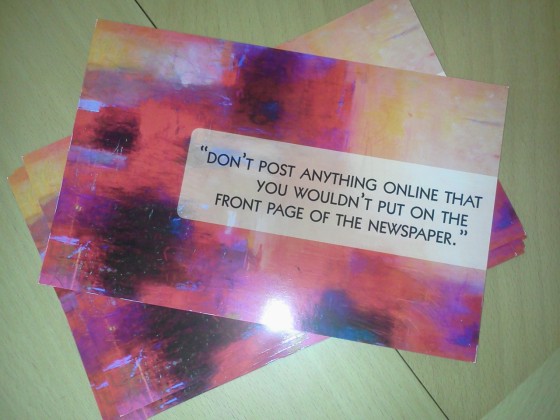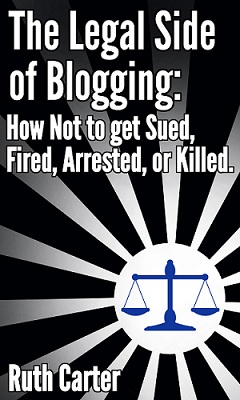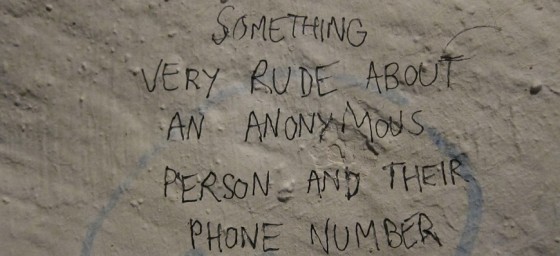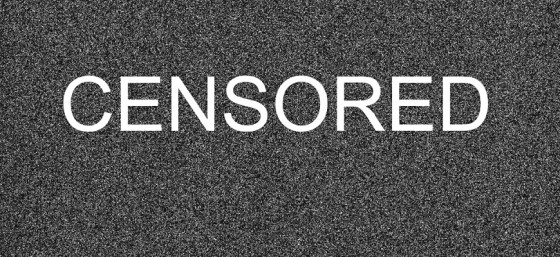Summer is officially here! It’s hottest than Hades in Phoenix and the kids are out of school until August. I suspect that a lot of teens and tweens have a lot more free time than during the school year and they might be spending much of it glued to their cell phones and tablets. Here are my recommendations for having a summer without social media-based regrets:
Think before you post.
Think before you text.
Think before you chat.
Think before you tweet.
Think before you snap (a photo).
Think before you shoot (a video).
Think before you send (anything).
Remember, that there is a permanent record of everything post online or send to another person. You never know when someone is going to forward, download, screenshot what you thought was only going out to a small group or contained in a person-to-person communication. What you post or send doesn’t have the same emotional impact when we can’t hear the inflection in your voice or facial expression (especially sarcasm). You never know how a post will be interpreted out of context. What you thought was justified or funny in the moment may have long-term effects for you. (Just ask Justine Sacco – with one tweet she lost her job and appeared to anger the entire planet.)
These are my two rules of thumb regarding the internet:
- Don’t post anything online that you wouldn’t put on the front page of the newspaper.
- Assume everything you post online will be seen by four people: your best friend, your worst enemy, your boss, and your mother. If you don’t want someone to see what you’re thinking about posting, don’t put it out there.
These rules also apply to emails and text messages.
For anyone who is applying for jobs or college, those decision makers may be looking you up online. You want to be sure that what you post online is congruent with how you present yourself in-person or on paper. You don’t want to appear irresponsible or that you lack good judgement.
I’ve had to read the riot act to a teen who misbehaved online, and I would be happy to do it again if it means I can help prevent someone from posting something they’ll regret later. If you want to chat more about social media dos and don’ts, please contact me or connect with me on Twitter, Facebook, YouTube, or LinkedIn.











